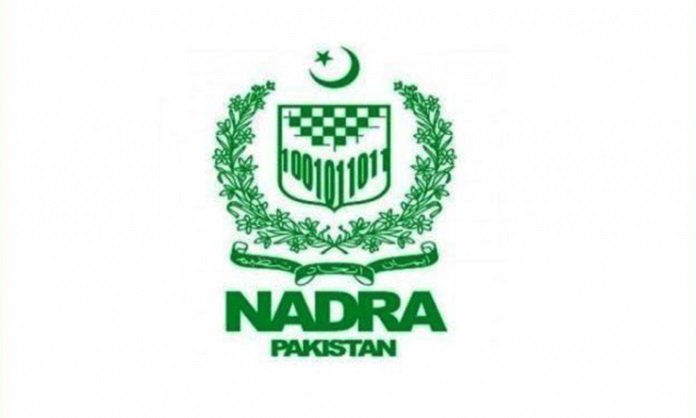The National Database and Registration Authority (NADRA) has announced new guidelines for issuing Computerized National Identity Cards (CNIC). These changes aim to improve document safety and reduce fraud at NADRA centres.
Citizens visiting NADRA centres must now bring original documents only. Photocopies will no longer be accepted for routine procedures such as B-Forms and registration certificates. This new rule helps prevent the misuse of documents and ensures the authenticity of personal data.
NADRA has also made it clear that using someone else’s CNIC as a reference or guarantee holds no legal value. This change is part of efforts to strengthen the CNIC process and reduce the risk of fraud.
As part of these efforts, NADRA has installed clear signage at all centres. The updated procedures are now visible to citizens to help guide them through the process.
In a separate advisory, NADRA warned citizens about fraudulent schemes. These schemes involve criminals impersonating officials to collect CNIC numbers and fingerprints. The fraudsters may offer fake rewards or financial incentives to trick people into sharing their personal information.
NADRA stressed that sharing CNICs for unauthorized purposes could lead to identity theft, financial fraud, and illegal registrations. The authority urged citizens to avoid sharing CNICs or fingerprints unless required by law.
To protect their personal information, citizens are encouraged to:
- Bring original documents to NADRA offices.
- Avoid submitting CNIC photocopies unless required.
- Never share CNICs or fingerprints in informal settings.
- Report suspicious activities to NADRA or law enforcement.
These measures aim to improve operational efficiency, reduce paperwork, and protect citizens’ personal data in response to rising digital security threats.
Also Read Hania Aamir Replaced in Indian Film After Pahalgam Incident











